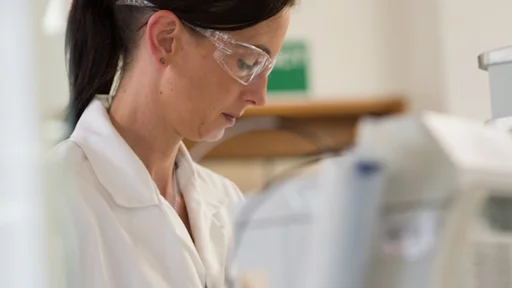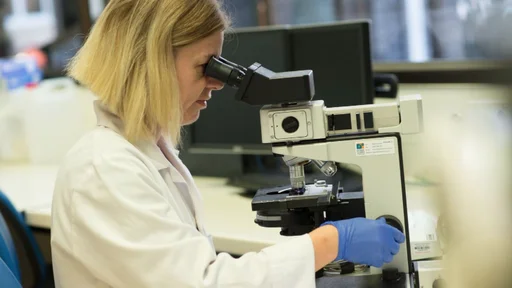Our testing regime
We have tested more than 16,000 samples from our bulls dating back to January 2017 and all have been clear (M. bovis not detected).
Since September 2018 we have been testing every semen collection and confirming results before semen is distributed to farmers.
We use the same PCR test as MPI and we test a combination of samples from our bulls – semen, preputial and tonsil.
Our voluntary testing is carried out in our commercial diagnostics laboratory which is ISO 17025 accredited. This independent accreditation means we have demonstrated we are technically proficient and able to produce precise and accurate test data.
The PCR test
A PCR (polymerase chain reaction) test is the best test for individual animals. The PCR is excellent at letting us know when M. bovis is present when the animal is shedding.
A PCR test works by finding DNA from the M. bovis bacterium. The test multiplies distinctive segments of DNA and detects the presence of the bacteria itself. For example, if a bull’s semen is infected with M. bovis, the bacteria will be present in the ejaculate alongside the sperm cells and it will be detected by the PCR test.
Test accuracy
The PCR test is highly sensitive and will detect if M. bovis is present in the sample.
To increase the reliability and value of testing, it needs to be done regularly because the disease can lie dormant and animals with M. bovis will only shed intermittently.
For farmers purchasing or leasing animals, the history of cattle movements, biosecurity practices, and health of cattle on the property may be more useful than a one-off PCR test (DairyNZ advice).
The frequency of our testing regime and the combination of samples being tested allows us to build a comprehensive picture to more accurately monitor the health status of our bulls.




